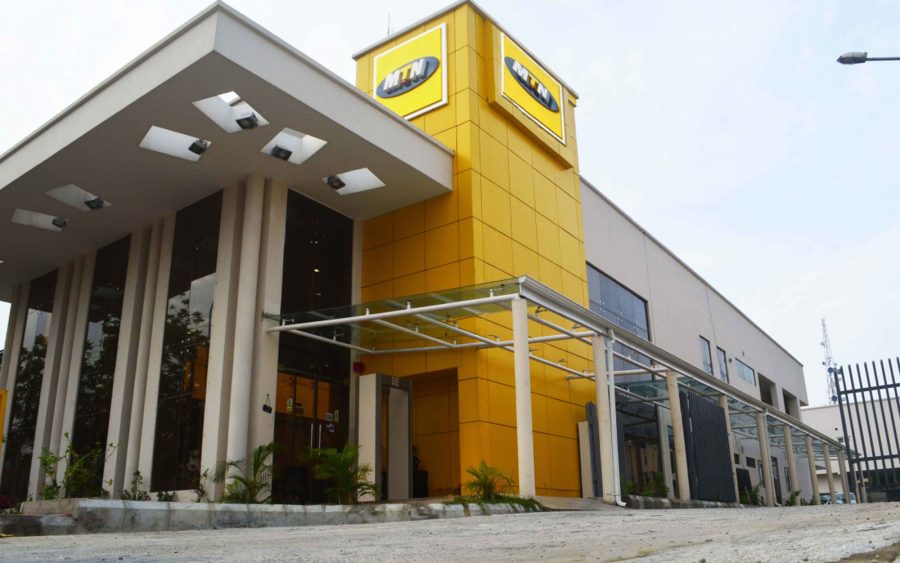A United Nations’ report detailing the state of global Foreign Direct Investment (FDI) in 2018, has shown that Nigeria lost as much as 43% of its FDI in 2018.
The report, which was recently published on the United Nations Conference on Trade and Investment’s (UNCTAD) website, also revealed that sub-Saharan Africa witnessed a 13% upsurge in its FDI last year, closing at $32 billion against a global negative growth.
What this means is that while other countries in Sub-Saharan Africa witnessed an increase in FDI, Nigeria did not. Why was this the case?
The FG versus MTN Rift: The UNCTAD report identified the Federal Government’s sanction on telecoms giant, MTN Nigeria, over the latter’s failure to disconnect 5.2 million unregistered SIM cards from its subscriber base, as the main cause of the slide.
It would be recalled that after the Federal Government levied a fine of $5.2 billion on the company in 2015, a series of negotiations resulted in the fine being reduced to N330 billion. The last instalment of the fine was paid in May 2019.
The domino effect of the action of the Federal Government’s fine on MTN resulted in a mass exodus of investors from the country. These investors apparently lost confidence in the country’s ability to safeguards their interests and businesses. As a result, they took their businesses elsewhere.
According to the UNCTAD, companies such as HSBC and UBS closed their representative offices in Nigeria in 2018, thereby contributing to the plunge in the country’s FDI to a paltry $2 billion.
Implications for the economy: The plunge in the FDI automatically signals that the economy is shrinking. At a time when the government is making efforts to block revenue leakages and develop the economy, the development is a major setback by all standards.
This might result in massive job losses: The situation does not speak well of Nigeria’s ease of doing business. If not properly managed, it may trigger a chain reaction whereby more companies continue to toe the line of HSBC and UBS. In turn, this will result in more jobs being lost.
Interestingly, Ghana enjoyed $3 billion FDI inflows in 2018, which could have been partly influenced by capital flights from Nigeria even though UNCTAD said it was largely due to Eni Group’s oil and gas activities in the country.






















